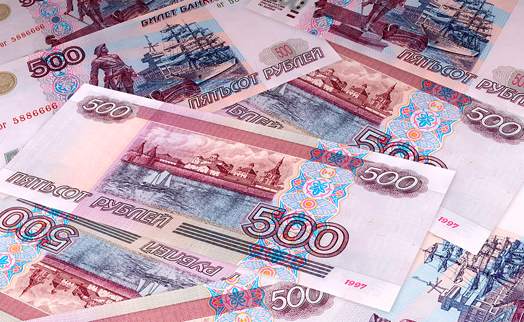YEREVAN, January 16. /ARKA/. The full capital amnesty announced by Russian President Vladimir Putin contradicts the principles of FATF (Financial Action Task Force –an intergovernmental organization whose objectives are to set standards and promote effective implementation of legal, regulatory and operational measures for combating money laundering, terrorist financing and other related threats to the integrity of the international financial system), and if Russia puts into practice what it promises, the country will find itself in the FATF black books, Vedomosti newspaper reports referring to officials and experts’ opinion.
In his address to the Federal Assembly, Putin promised to grant not only tax, but also full amnesty to capitals.
He said if one legalizes his assets and property in Russia, he will receive firm legal guarantees that he will not be grilled over ways he had got these assets and will not be prosecuted.
However, the thing is that in fulfilling the president’s promise officials will face certain problems, since such an amnesty contradicts FATE principles, two federal officials told the newspaper.
Alexandra Lazorina, partner to PwC, shared their opinion saying that the problem is grave. Another official, too, confirmed that even partial exception from compliance with the law on struggle against laundering the money received in criminal ways and financing terrorism threaten Russia with serious consequences up to inclusion in the black books.
Andrey Belousov, the president’s advisor, ruled out inclusion in the black books saying that FATF restrictions will be taken into account.
In his words, the amnesty doesn’t apply to suspicious financial resources received as a result of money laundering or criminal activities.
Yesterday, participants of a discussion in the finance ministry, admitted that this problem can’t be solved in the format in which it was described, as one of officials said. The problem is even wider, the official, added FATF keeps watch not only on legalization – the amnesty shouldn’t apply to fraud, corruption and economic crimes, and it means it has to be limited to tax and monetary offences.
«Officials have five and a half months to go out of this deadlock,» President’s Spokesman Dmitry Peskov said.
The president promised this in an effort to win confidence, but his words «you will not been asked about sources» certainly contradict FATF recommendations, said Dmirty Chistov, a compliance expert. Origin of money and prosperity of clients, especially large clients, should always be known, he continued.
One of officials said that the amnesty appeared unexpectedly – it emerged in the text of the address three days ahead of the speech.
According to Vedomosti, the finance ministry asked experts to find ways to remove controversies, but they have no ideas so far.
The newspaper reminds readers that six countries – Iran, North Korea, Algeria, Ecuador, Indonesia, and Myanmar were in the black books in 2014, and Russia was removed from it in 2002. –0–








